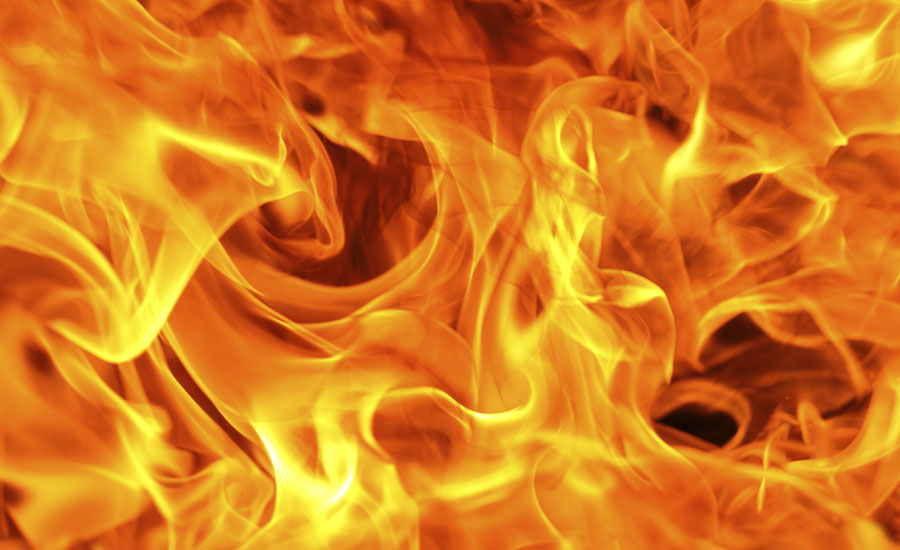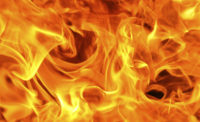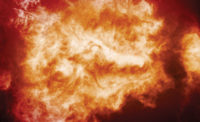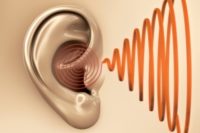Don’t use gas stoves near California fires

Personal health tips:
Pay attention to local air quality reports. Listen and watch for news or health warnings about smoke.
If you are advised to stay indoors, keep indoor air as clean as possible. Keep windows and doors closed unless it is extremely hot outside. Run an air conditioner if you have one, but keep the fresh-air intake closed and the filter clean to prevent outdoor smoke from getting inside. If you do not have an air conditioner and it is too warm to stay inside with the windows closed, seek shelter elsewhere.
Use a high-efficiency particulate air (HEPA) filter to reduce breathing problems. Room air cleaners, which utilize a HEPA filter, may reduce the number of irritating fine particles in indoor air.
Do not add to indoor pollution. When smoke levels are high, do not use anything that burns, such as candles, fireplaces or gas stoves. Do not vacuum because it stirs up particles already inside your home. Do not smoke because smoking puts even more pollution into the air.
Most dust masks are not effective in reducing smoke exposure during a wildfire because they are not designed to filter very small particles and do not fit well enough to provide an airtight seal around the wearer's mouth and nose.
Surgical masks that trap small particles are designed to filter air coming out of the wearer's mouth and do not provide a good seal to prevent inhalation of small particles or gases in smoke.
Inexpensive paper "comfort" or "dust" masks commonly found at hardware stores are designed to trap large particles and do not provide enough protection for your lungs.
Mask use may give the wearer a false sense of security, which might encourage too much physical activity and time spent outdoors. Also, wearing a mask may actually be harmful to some people with heart or lung disease because it can make the lungs work harder to breathe.
Source: www.kron4.com
Looking for a reprint of this article?
From high-res PDFs to custom plaques, order your copy today!






